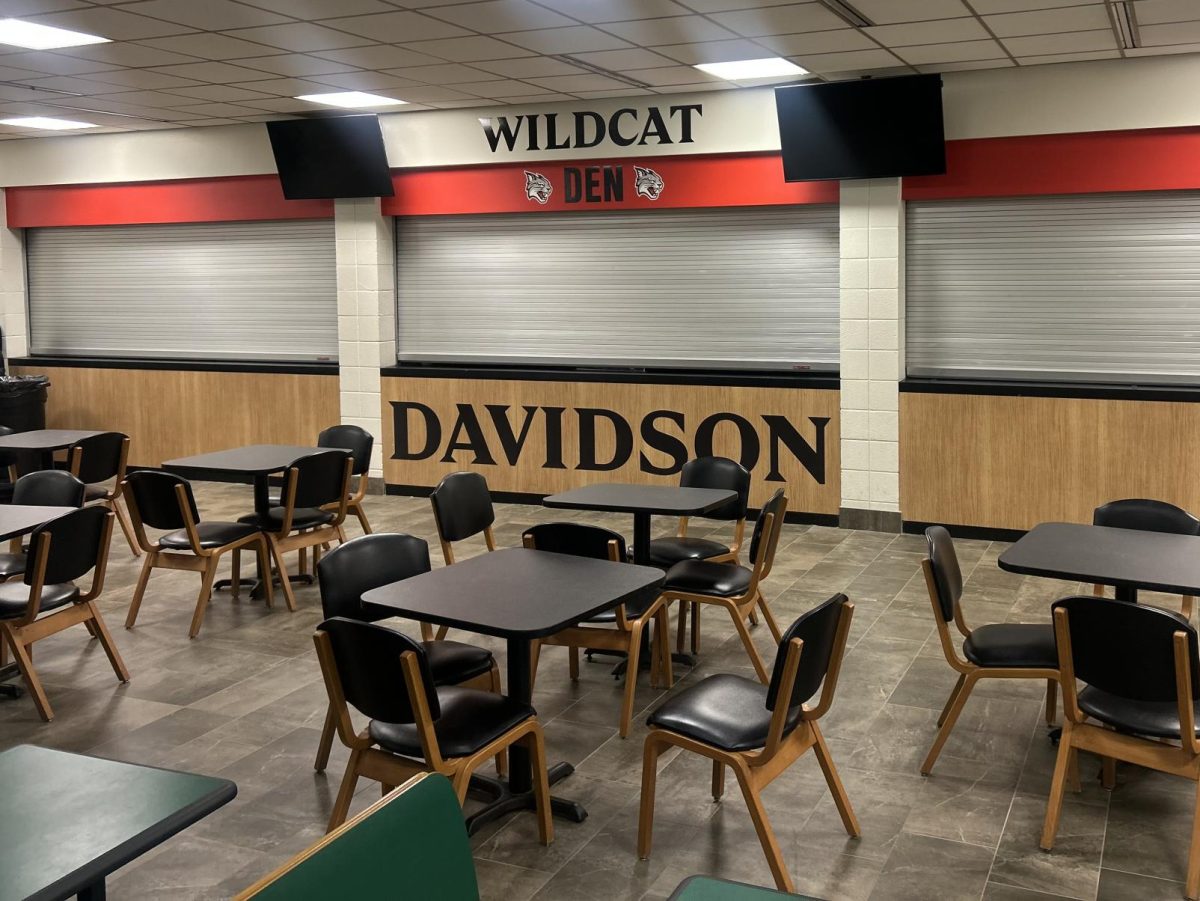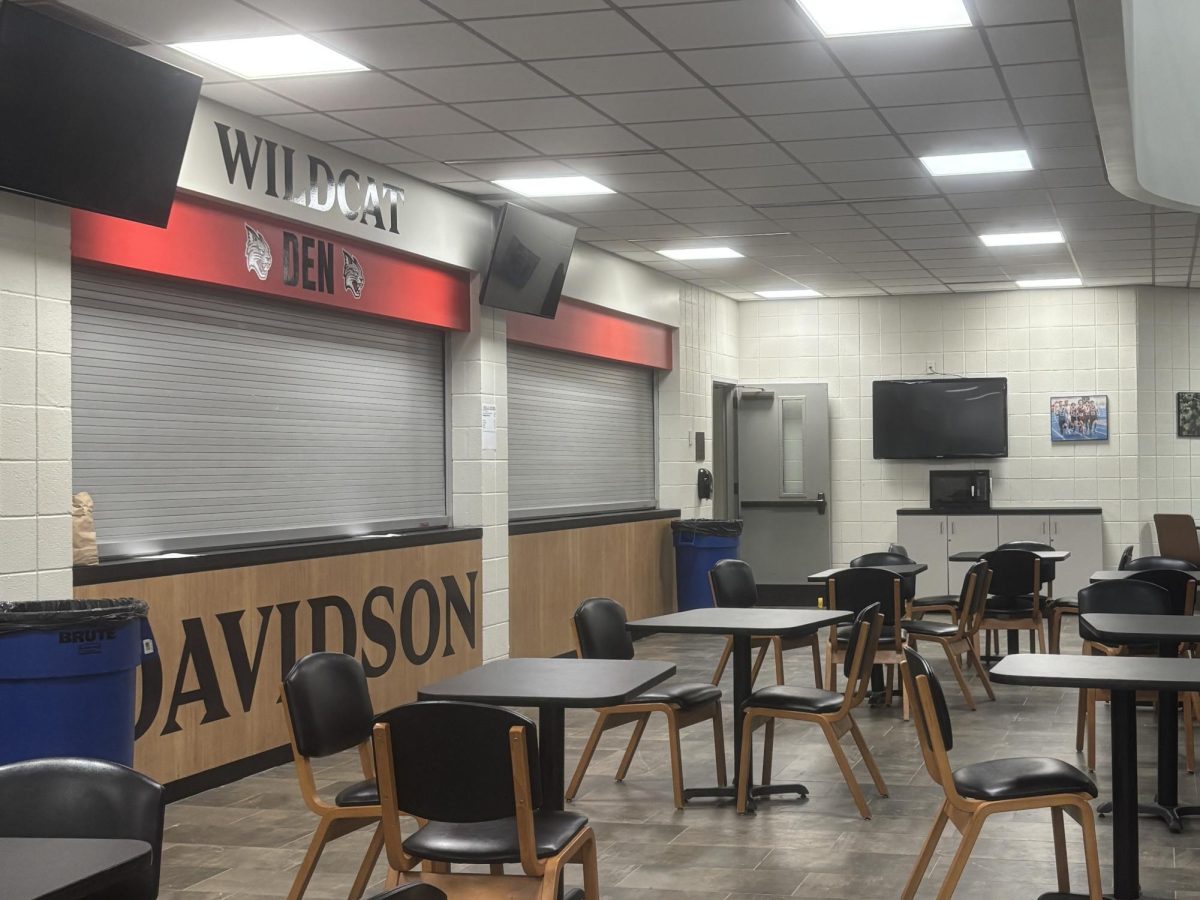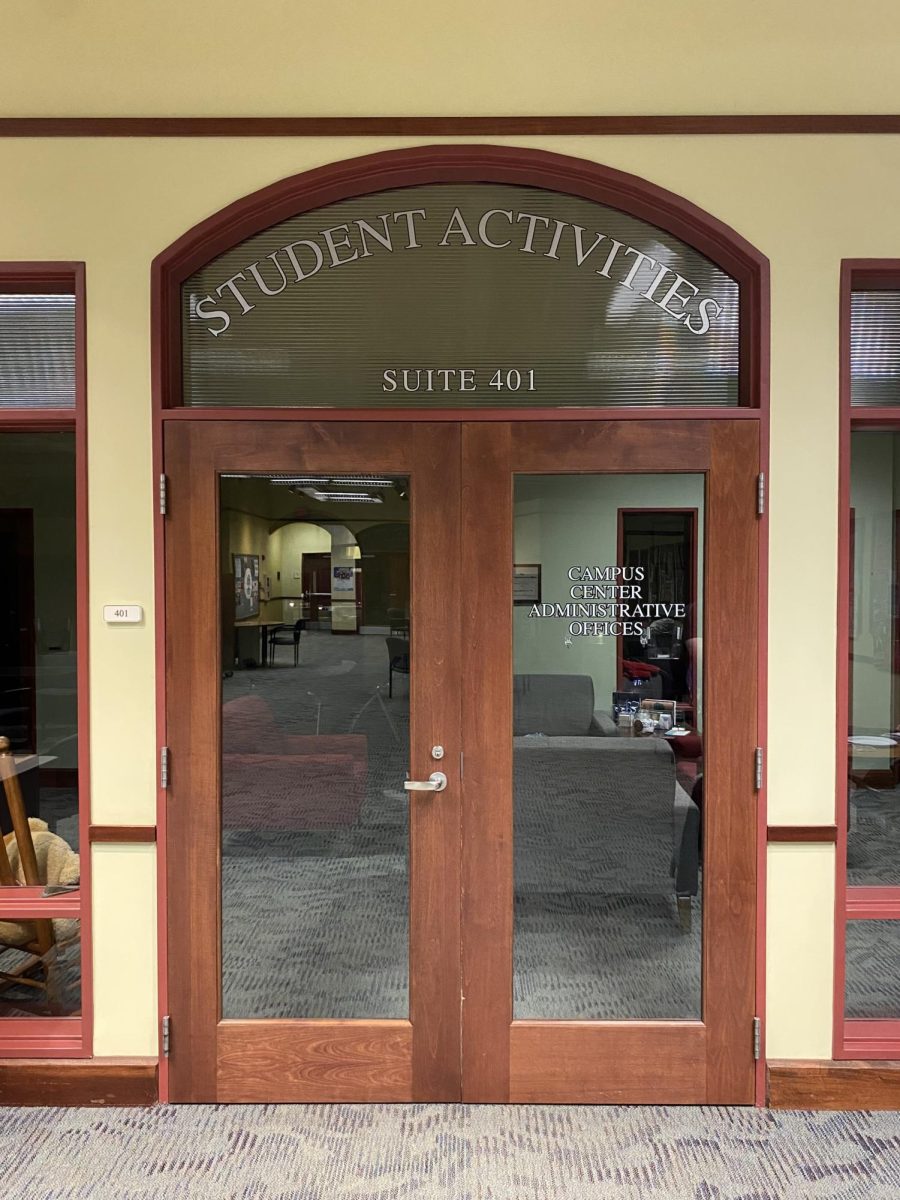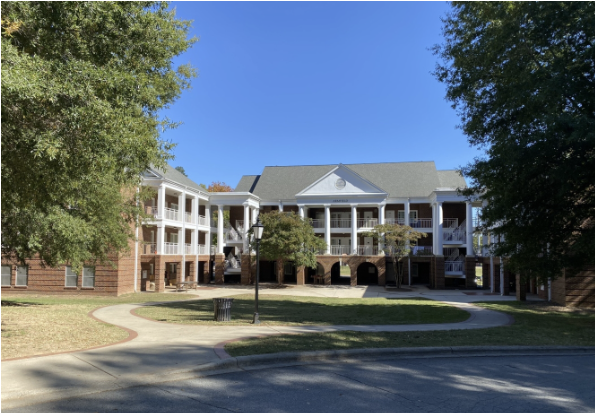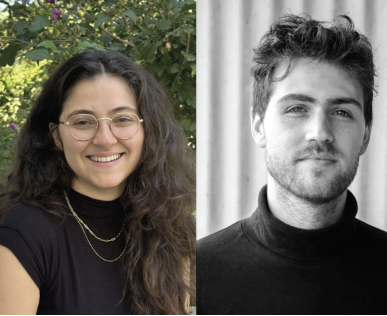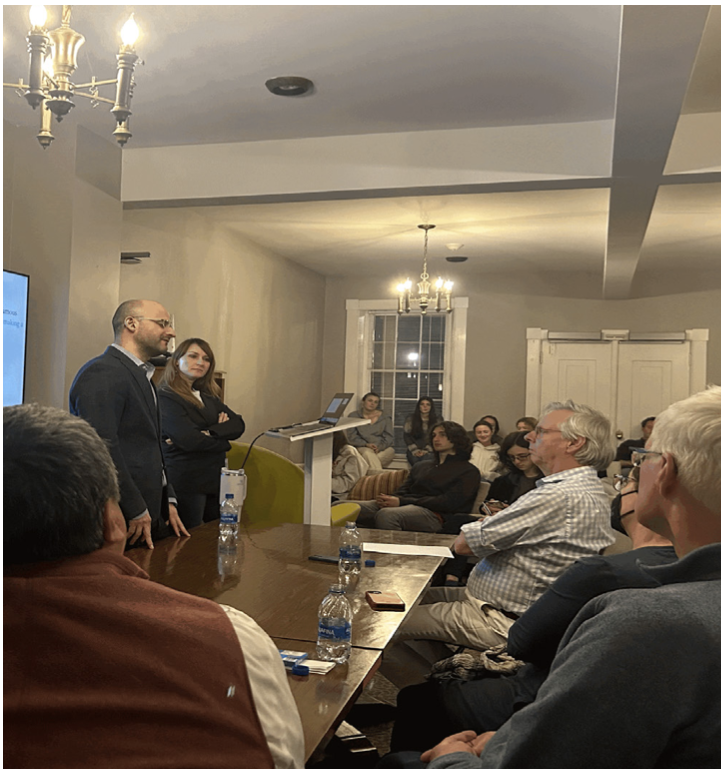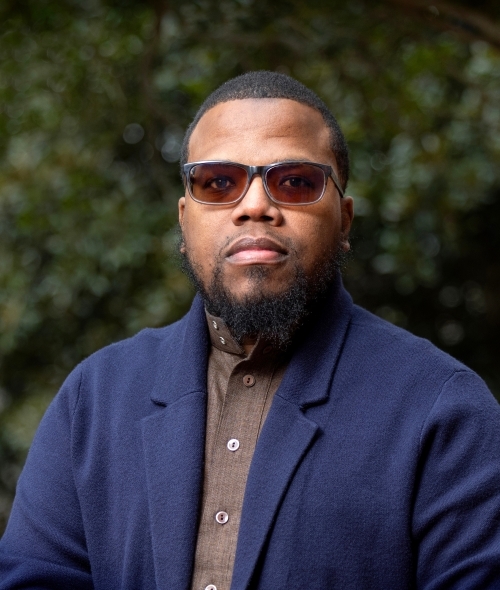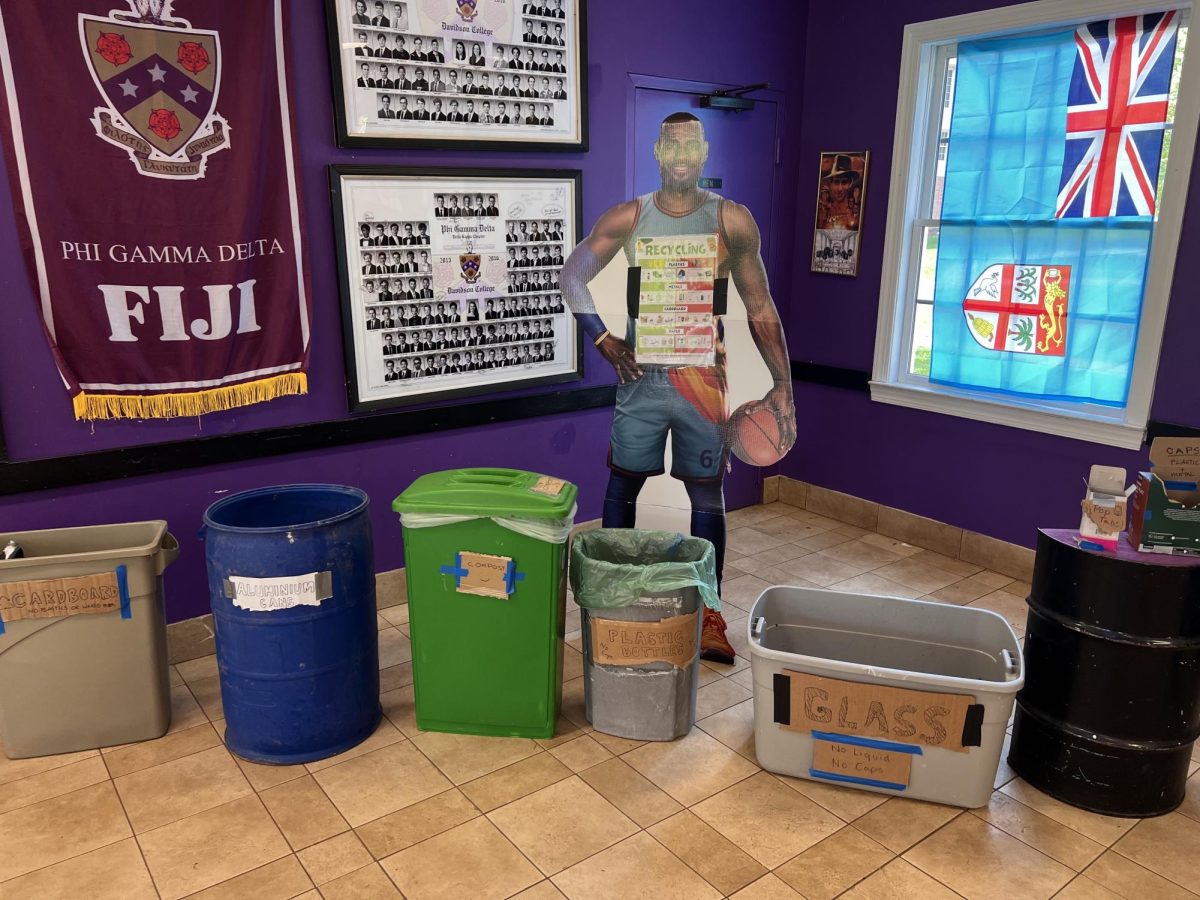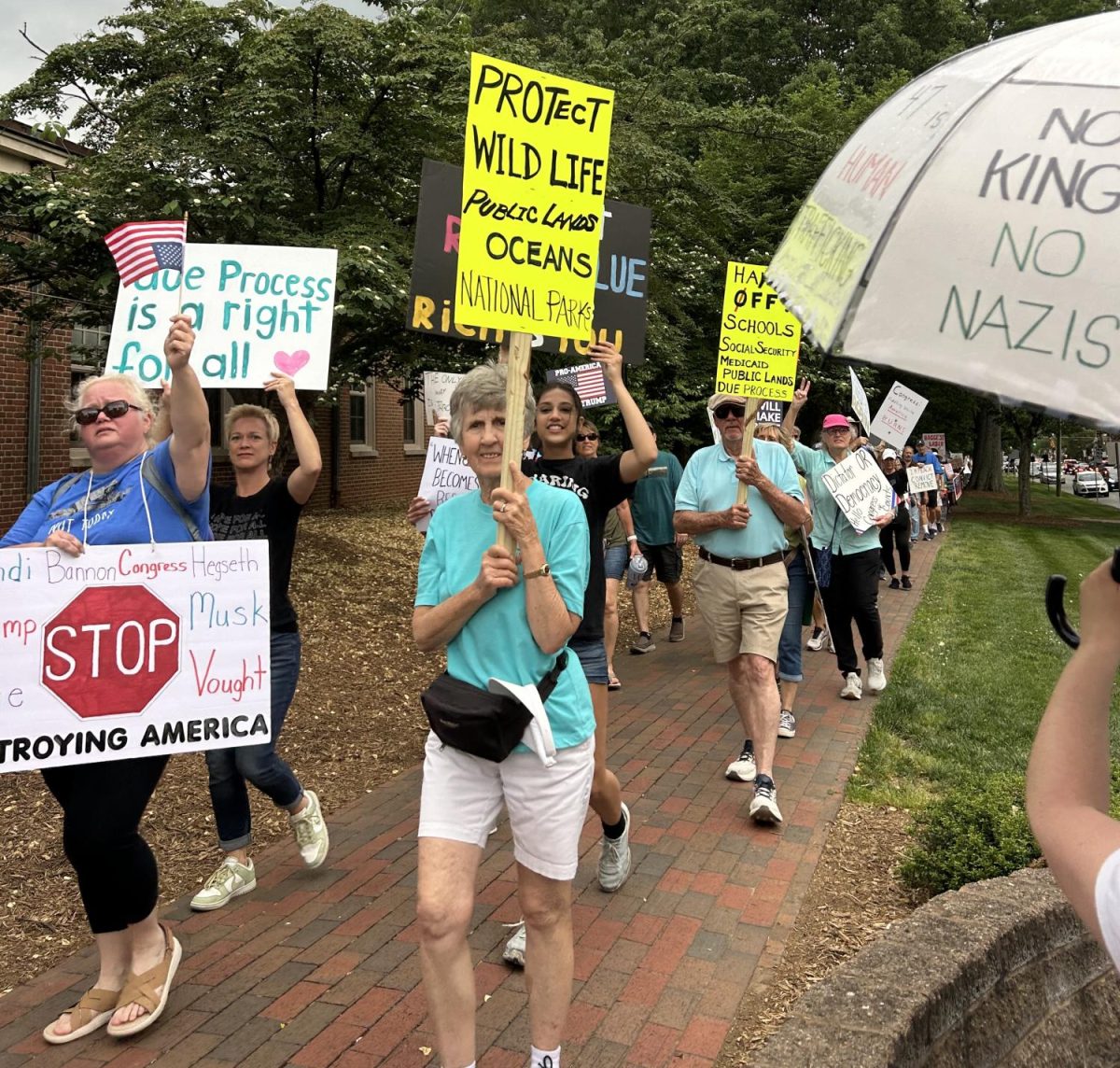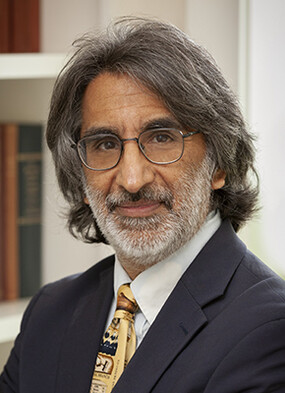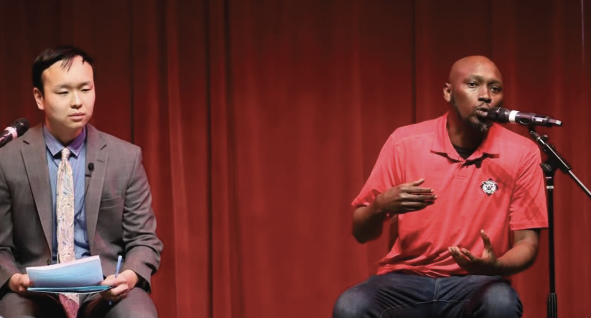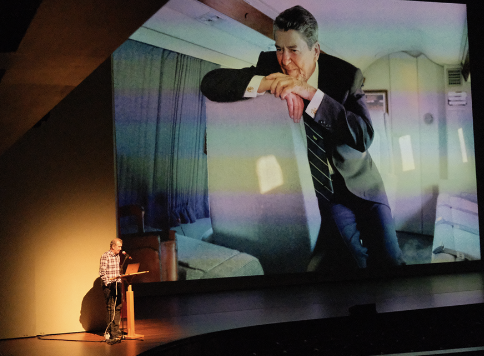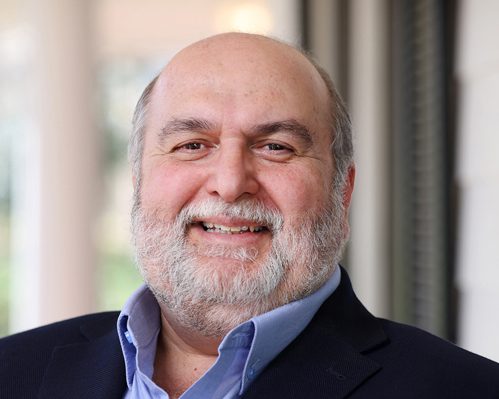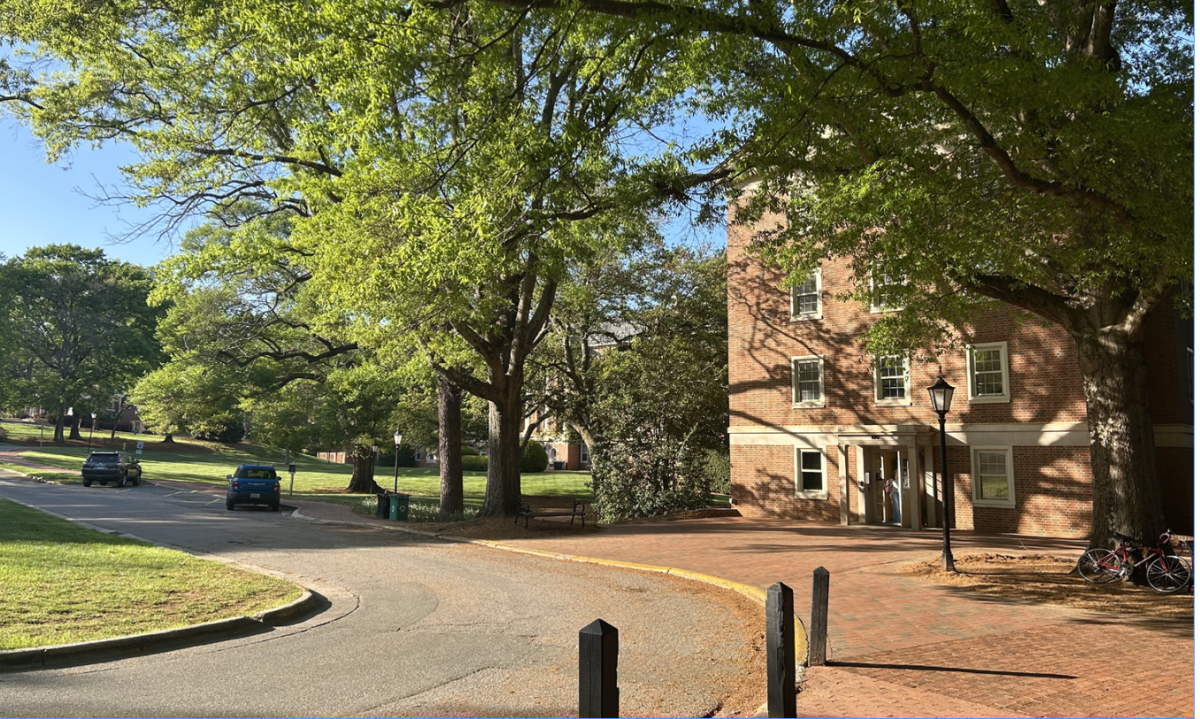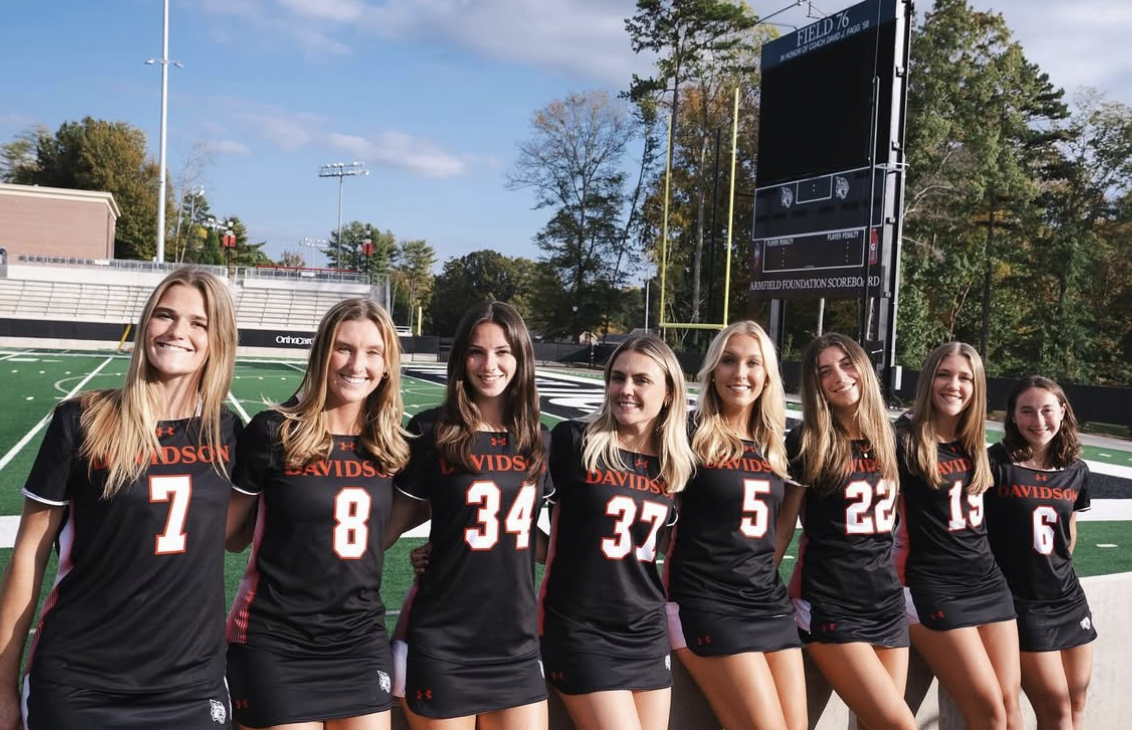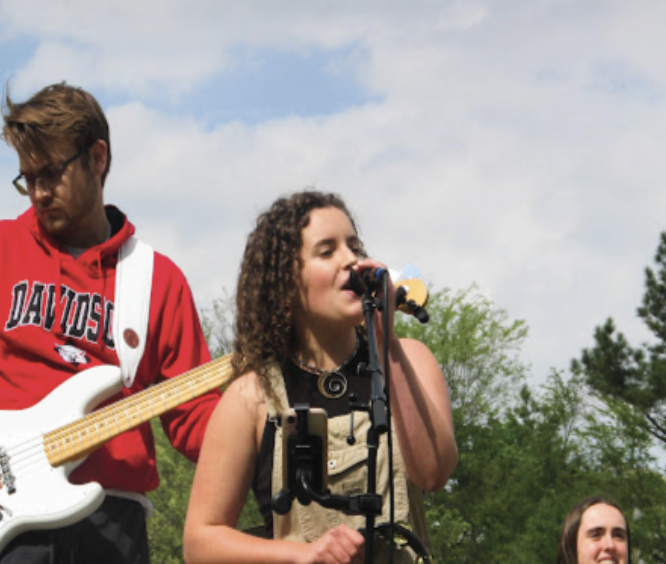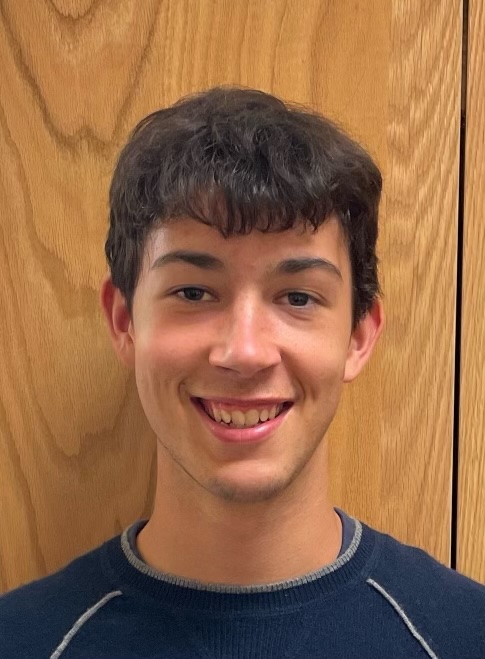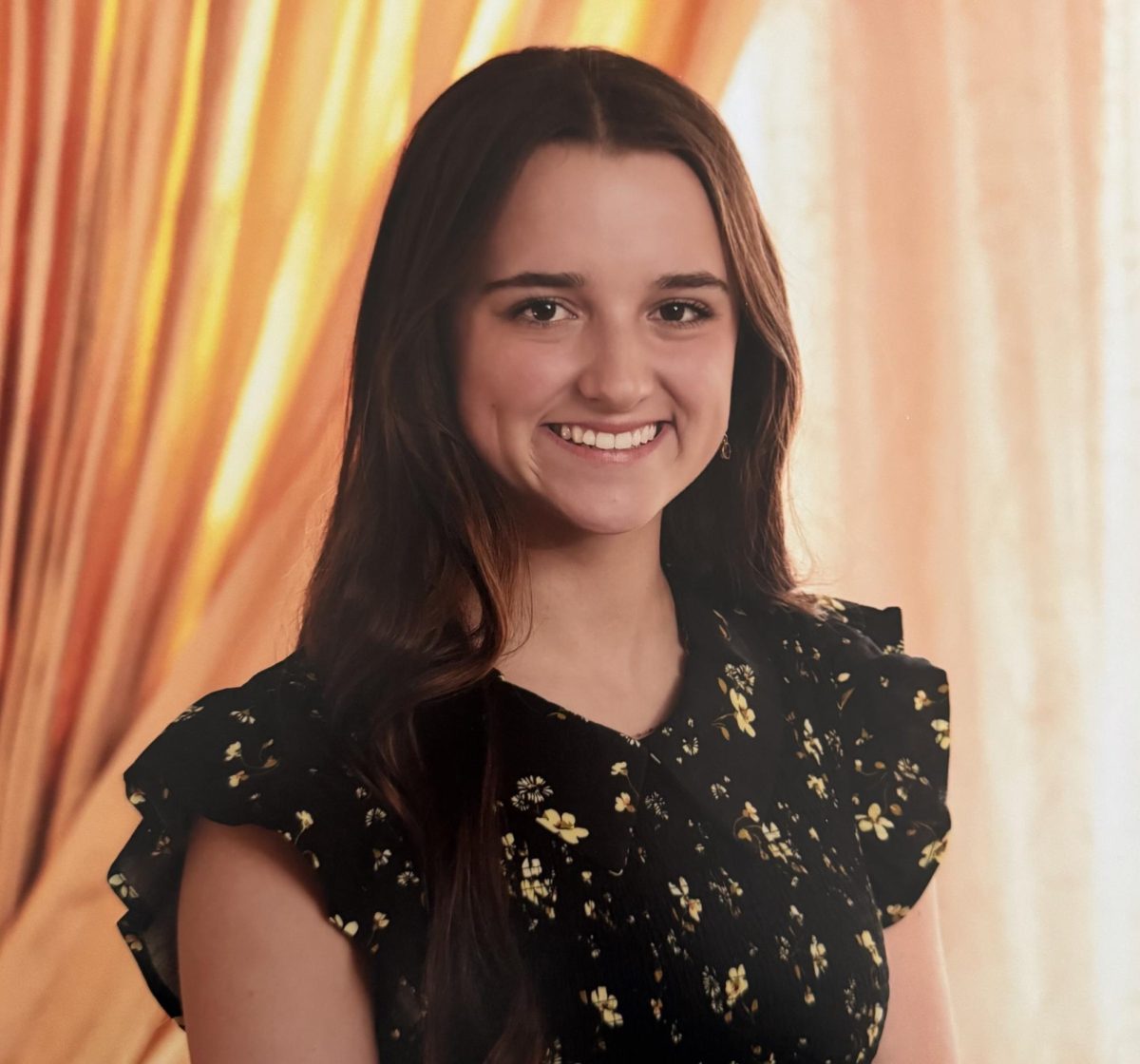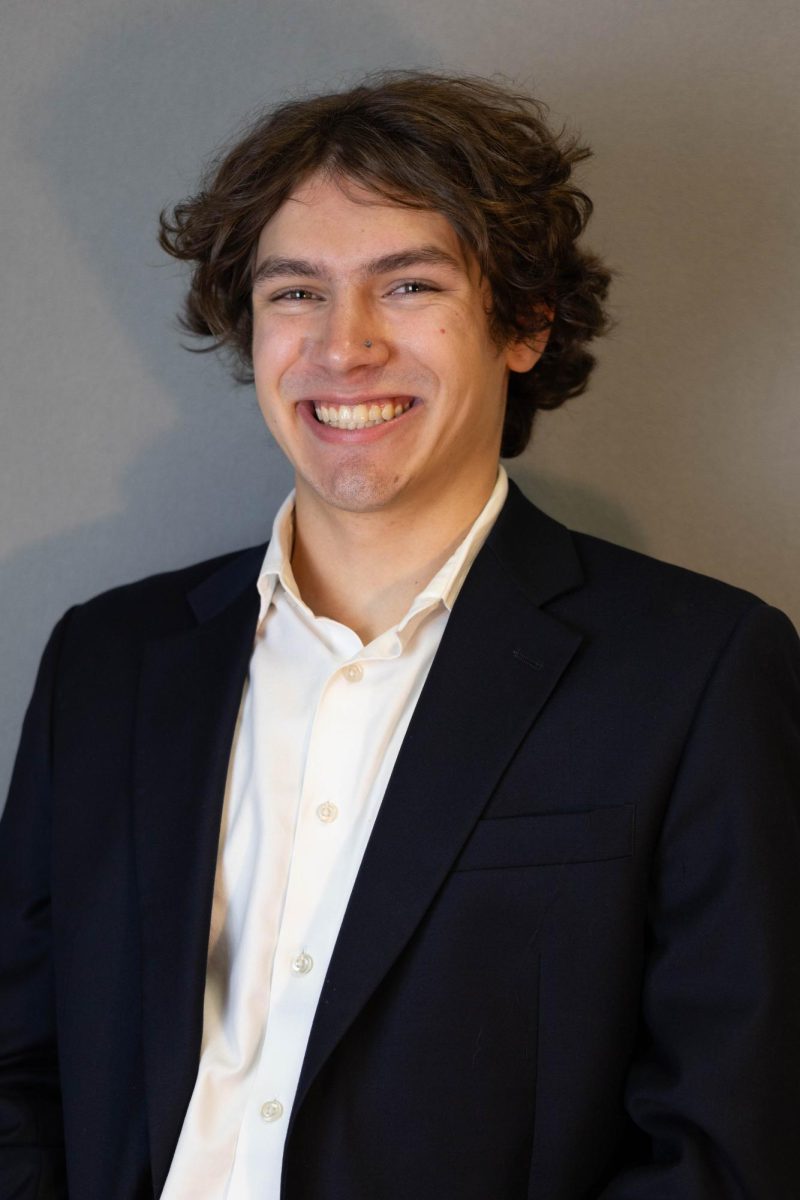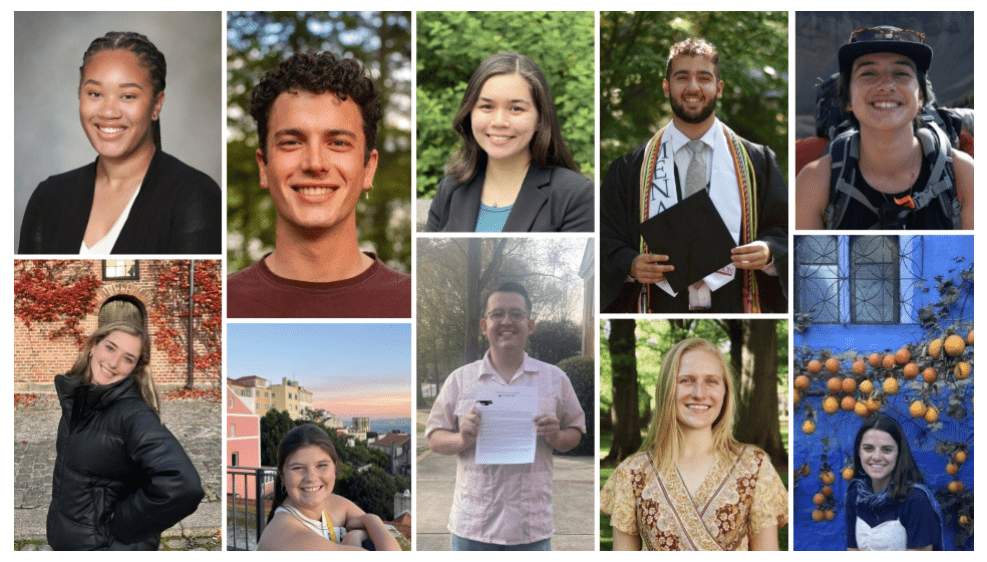The United States Fulbright Program, a prestigious cultural exchange program, is weathering a period of uncertainty amid increasing threats of extensive budget cuts to the U.S. State Department. Overseen by the Bureau of Educational and Cultural Affairs, the scholarship’s applicants must now contend with withheld funding, furloughed employees and constrained communication with applicants.
The Fulbright Program represents an umbrella of grants provided to U.S. students and young professionals to go abroad and teach English or conduct research, as well as for foreign grantees to come to the U.S. Beginning on Feb. 12, 2025, the government enacted a funding freeze for Fulbright, halting all payments toward grantees for what was said to be a period of 15 days. The freeze has not officially ended, but since mid-March, previously guaranteed funding had been gradually released back to grantees.
Davidson College has been a top Fulbright producer for ten consecutive years. As a result, the Fulbright U.S. Student Program (FUSP) is intertwined with many Davidson students’ post-graduation plans; 22 students are Semi-Finalists this year. Once a stable, albeit competitive, opportunity for engaging in cultural diplomacy, the program is now mired in communication issues and confusion.
“There was a governmental department that had reached out and said that funding would be safe for Fulbright, however […] I don’t think I know of anyone that’s received any notification regarding final decisions. The communication regarding funding has been a bit mixed,” Fulbright Semi-Finalist for an English Teaching Assistant (ETA) position Harrison Grooms ‘25 said.
The lack of clarity surrounding final decisions and funding has given way to exasperation among many current Semi-Finalists. “The last date we got was April 15, we were going to know by [then]. Most people still don’t know,” Fulbright Semi-Finalist for an ETA position Grace Isernia ‘25 said. “They furloughed a bunch of [employees], which just means they don’t have a ton of people to release decisions, which I get, but it’s so frustrating.”
Uncertainty about the future of Fulbright prompted Kaitlyn Busch ‘25, a Semi-Finalist for the ETA program in Uruguay, to adjust her plans.
“I just haven’t heard anything and so I had, in my mind, taken it out of the question when I thought that it was no longer an option,” Busch said. “I was concurrently applying to grad school, and so mentally, I made the shift to [that] […] It was almost clarifying, in a sense, to be like, ‘Okay, this is not a super reliable option, I’m not going to put too many eggs in that basket.’”
This uncertainty is extending to those who are looking to apply for a Fulbright during the upcoming application cycle. Last week, the Office of Fellowships had an informational meeting for prospective applicants.
“When I’m looking toward [graduation] I’d love to have this opportunity, but I don’t know if it will still be a thing,” intended applicant Virginia Barber ‘26 said. “To what extent am I going to put in all this work on a really intensive application [just to not] even know if this program will be funded by the end of it?”
Though the unpredictability of the 2026-2027 Fulbright application cycle is a cause for concern, it is not a new phenomenon. Gaylena Merritt, director of fellowships and Fulbright Program advisor (FPA), explained that Fulbright grants are subject to the political and social environments in which they are afforded. “I’ve been thinking back to fall 2020—the midst of the pandemic when uncertainty was rampant […] Those candidates didn’t know if grants would eventually be offered,” Merritt wrote over email.
Despite the fact that the Fulbright program has historically overcome various challenges, the Trump administration’s pattern of cutting the budgets of well-established entities leaves the possibility of termination comprehensible.
“We saw that with USAID, where something that was an established part of the American government could disappear in a matter of months at the whims of a few people in power,” Semi-Finalist for an ETA position Clyde Dwyer ‘25 said. “I think that sort of puts everything on the table, like Fulbright and Peace Corps and all these other [programs].”
This fear of the potential end of Fulbright is not unfounded. An internal document from the Trump administration, which proposed cutting the State Department budget in half, would concurrently scrap the Fulbright Program altogether.
Merritt maintained that future applicants should not be discouraged from applying, just aware of potential complications. “I encourage prospective candidates for any fellowship to carefully consider the risks of travel, study and living abroad. They should also identify resources and support structures that could help ensure their health and safety in the event of challenges, including if there would be a delay in stipend payments for example.”
Future Davidson applicants can also be certain they’ll have continued support from the Office of Fellowships. “As long as I am Davidson’s FPA, I will do my best to support Davidson’s FUSP candidates,” Merritt emphasized.
In the current political landscape, Fulbright’s mission of cultural diplomacy is more valuable than ever. “In times like this, positions like Fulbright are further […] solidified in terms of their importance for maintaining connections […] and making it clear to many other countries throughout the world that there are still many people in the United States that really value incorporating and understanding and learning from people from diverse cultures and backgrounds,” Grooms said.



